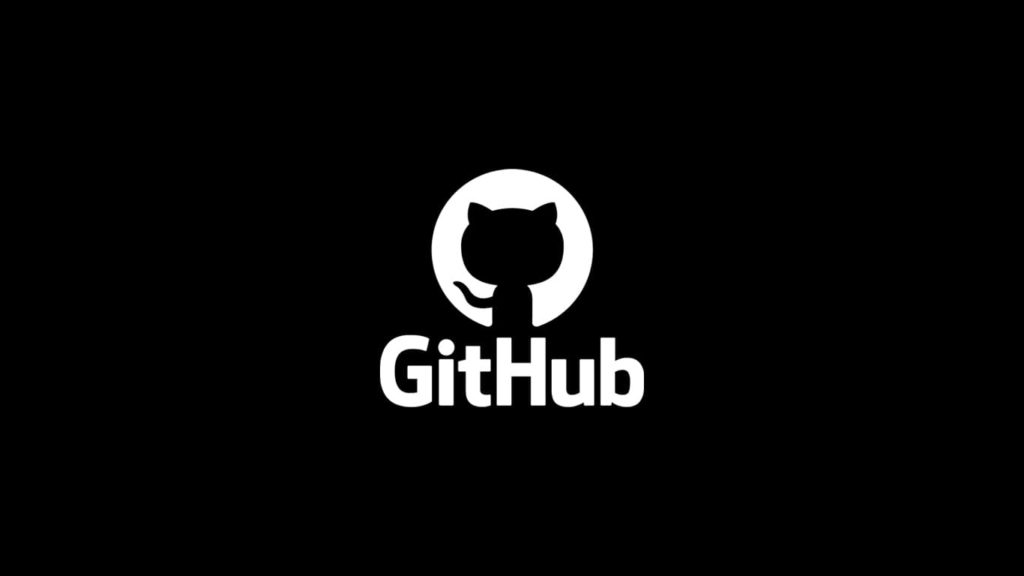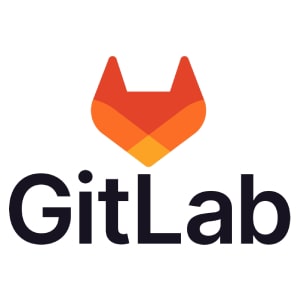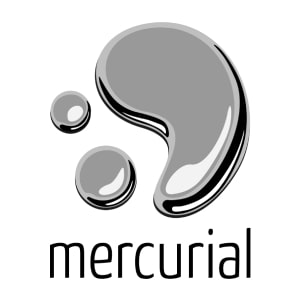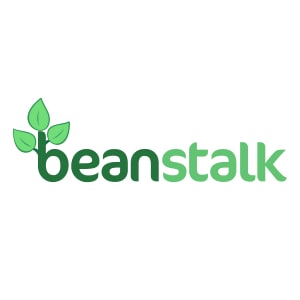
GitHub Repositories have been the favorite among developers for sharing their code with other software enthusiasts, apart from their internal team. This is mainly due to robust and versatile features. While GitHub remains a go-to place for programmers, its flexibility makes it suitable for anyone with or without coding expertise. Microsoft’s recent acquisition of GitHub for $7.5 billion has many people wondering how the software giant will use the code-sharing platform to gain an edge over its rivals.
However, as programming languages evolve and new features emerge, alternatives to GitHub for code collaboration are gaining more popularity. As a result, there are plenty of GitHub alternatives to choose from. Here are several top contenders.
Reasons to Use a GitHub Alternative
- What many developers have complained about over the years, is that the storage offered on GitHub, is very limited, especially for handling any binary files.
- Furthermore, the repositories on GitHub are public, meaning anyone can see the code you wrote, unless you buy a plan, which brings us to the next point.
- Yeah, GitHub offers a free service, but the real value lies in its paid plans, which can be too expensive, especially for an individual or small team.
- The API development on GitHub needs more work.
- The platform is not suitable for beginners, as it can be pretty confusing and overwhelming.
1. Gogs

Gogs is a service for hosting self-hosted Git repositories. It allows users to commit, branch, and push to the remote repository. GitHub owns Gogs, so all the same features are present. While GitHub provides a massive range of impressive features, you can get started with Gogs rapidly, or if you do happen to be on GitHub, you can use their $5/month hosting plan.
GitHub is a more professional tool, while Gogs is more like Bitbucket (discussed later) in terms of ease of use. The one notable difference is that on Gogs, you can only have private repositories. In contrast, on GitHub, you may also hold public repositories.
2. GitLab

GitLab is a Git repository management and hosting solution. In addition to being easy to use, GitLab provides the ability to host custom domains. The GitLab community has over 100,000 projects hosted.
The service comes in two versions: Basic and Standard. Both are available for $5/month. A telling sign of its quality is its customer base. It includes giants in various industries, including Nvidia, Goldman Sachs, Fanatics, Ticketmaster, Drupal, Siemens, HackerOne, and Worldline, among others.
3. GitLab Enterprise Edition

GitLab Enterprise Edition is a hosted service for GitLab but acts separately. It includes several features for deploying and managing large Git repositories, such as the ability to host code on private repositories within the GitLab cluster. It also provides an API (Application Programming Interface) for managing projects and code.
The Enterprise version comes in two sizes: Community and Business. It also allows managing code, issue tracking, bug reports, and feature requests. This is a hosted solution that provides an on-premises version of GitLab.
4. RhodeCode

RhodeCode is a hosted repository that serves as a central repository for all branches of your project. It enables you to collaborate with your team members and keep track of all code changes made on different branches. Moreover, you can see which ones will be merged. RhodeCode uses Git as a backend, so you don’t have to deal with infrastructure maintenance.
Just focus on writing code, and RhodeCode will do the rest for you. Both GitLab and RhodeCode provide great integrations, starting from continuous integration tools to code-quality checks. They also include notable features such as static analysis systems, issue trackers, project management, CI/CD (Continuous integration/continuous delivery), and more.
5. TaraVault

TaraVault is a distributed version control system that can be used to track your code changes on various branches. The files in the server are automatically synced to the local machine. This application is more lightweight than Subversion. It’s a great alternative if you’re tired of managing Subversion (SVN) on multiple devices.
TaraVault has many exciting features that differentiate it from SVN. These include an API for external tools, an embedded web server that provides change notification and search, and API clients for Android and iOS. You also get support for multiple accounts, authentication, and teams. Once you try it, you will undoubtedly get hooked on distributed version control.
6. Google Cloud Source Repositories

Google Cloud Source Repositories is considered by most to be the best alternative to GitHub. It has almost unlimited private Git repositories, and that too for free. These repositories can help manage your project’s code with built-in powerful search capabilities.
The Google Cloud Source has features that make it a better choice. One such feature is the ability to catch issues about integration and miscommunication. It offers a built-in CI practice that the repository tool can help users catch related issues.
7. Mercurial

Mercurial is a distributed control system for versions. You can utilize it to follow your code changes on varying branches in a central repository. Afterward, you can push, pull, and branch your changes. This can be done on a personal computer, a server, or any other machine accessing the central repository.
Please note, there are two different versions of Mercurial: 1.8 and 2.0. You can have both installed on your system simultaneously. This may be crucial, depending on the commands you require.
8. Bitbucket

Many developers do not realize Bitbucket is more affordable than either GitHub or GitLab. With Bitbucket, you can create private repositories and write to the files. GitLab offers many features like support for multiple developers and bug tracking systems and CI/CD tools.
GitHub does not provide them. GitHub is more suitable for public repositories, while Bitbucket is better for private ones. For many developers, Bitbucket may not be an adequate solution, however. For example, if you have large files that exceed your free storage space on Bitbucket, you will have to pay more to upgrade.
9. SourceForge

The original SourceForge should be dead—it’s good they are discontinuing SourceForge as a mirror for external projects. SourceForge has been hard to navigate and full of viruses, making it useless for most developers. In 2016, many users reported the use of malware on the server. This can be attributed to how SourceForge hosted and served all types of files, basically from anyone.
At the time, there were not as many web hosting websites around, so people uploaded everything to SourceForge. Things are different today. If one goes down, other websites take up their place and continue serving files.
10. Launchpad

We highly doubt that anyone knows that Launchpad is almost two decades old. Yes, it was first released in January 2004. However, since it wasn’t under free licensing, it had to face subsequent issues, which stymied its growth. Fortunately, the issue was later rectified, which resulted in its boom. Today, it is considered a decent alternative to GitHub and, in some ways, even better, as the platform doesn’t have any charges at all.
Users can use the platform to pose questions to an active community, receive help with their projects, write and review codes, track bugs, and even utilize language translations. As a free and open-source software maintenance and development platform, Launchpad surely has come much farther.
11. AWS CodeCommit

AWS CodeCommit is a cloud-based source control system, or SCM, that provides secure and easy-to-use access to multiple Git repositories. There are also similarities with GitLab in that you can do centralized code reviews for others to participate. AWS CodeCommit is ideal for a news organization that has not yet started using Git or GitHub Enterprise.
GitHub is the most widely used and popular SCM, but it requires a significant time investment to use and manage. First, you need to set up your Git repository, which takes some time and effort. Alternatively, you can use the hosted version of GitHub, free for open-source projects with access to three private repositories. However, this does not have the same level of control and privacy as AWS CodeCommit.
12. Phabricator

Phabricator is a highly scalable code hosting platform that helps users by offering a mish-mashed selection of tools that can aid coders while collaborating and during project development. It is a cross-platform software that can help with code reviews, bug tracking, and finally project management.
Users also have the choice to purchase support, as the platform lets them host benefits from any previous version of the hardware in use. Phabricator is free to use and offers a suite of web-based tools to aid project collaboration and development.
13. Allura

Apache Allura, or simply Allura, is a free and open-source platform that enables users to host codes, manage repositories, discuss topics, write blogs, and engage in various documentation activities. In fact, SourceForge, which is itself an alternative to GitHub, is itself hosted on Allura. The platform was developed by the Apache Software Foundation and runs using a combination of Wiki, Git, and tickets.
When it comes to features, Allura is not lightweight, as it has an advanced search syntax to make your job easier and faster. Furthermore, you can use tickets to format and attach files, while tickets themselves are capable of customization and can be organized in different categories using labels and so on. The platform also excels at bug tracking, making it a worthwhile choice as a GitHub alternative.
14. Beanstalk

Beanstalk, a web hosting service, has been around for many years and is known for its low costs. It provides an inexpensive website hosting service for programmers and a managed web hosting platform. Most importantly, it supplies a suite of tools that make it easy to create a site.
Additionally, the Beanstalk WordPress stack makes it easy to develop and release a site publicly. This includes everything from build automation and deployment to monitoring. Beanstalk is ideal for companies that require a web presence but have little money to invest. The service has five payment plans, starting at $20/month.